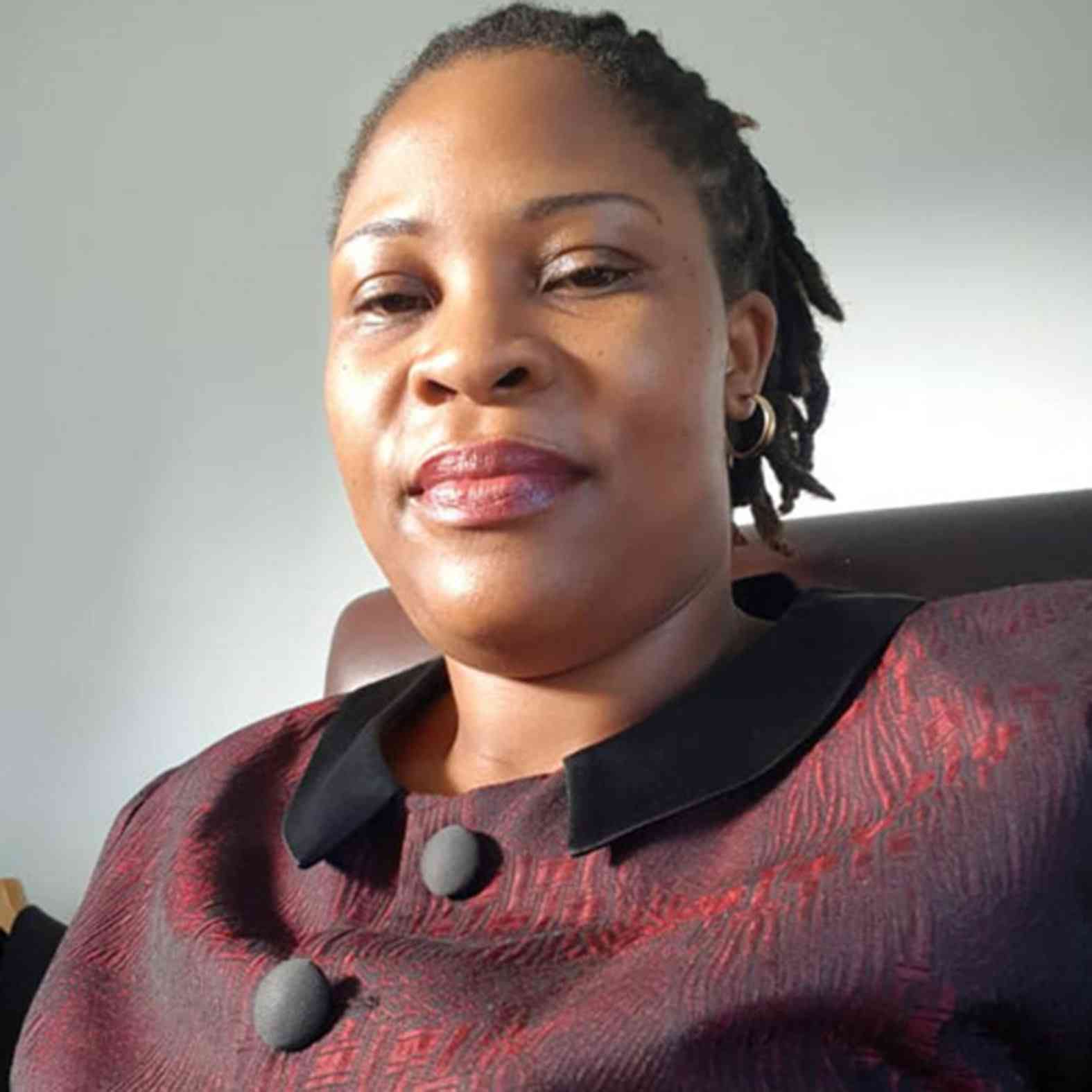
THE Zimbabwe Association of Pension (ZAPF) has revealed that pension funds are getting between 3,5% and 4% contributions from employers, hampering their ability to support economic growth, NewsDay Business can reveal.
According to national statistics, the gross domestic product (GDP) was estimated at US$28 billion as of December 2022 with the pension funds’ assets contributing about 6%.
However, considering that pension funds have spent billions in equity investments, the GDP contribution of 6% remains very low and paltry.
Speaking on strategies for building wealth during the Chartered Governance and Accountancy Institute in Zimbabwe annual conference last week, ZAPF director Sandra Musevenzo said global collaboration and knowledge sharing could save the industry.
She added that the pension industry had about US$1,7 billion worth of assets, with properties constituting 41%.
“This has always been our safe haven. Even in the conversion period, everyone could live in brick and mortar, and this is what has been standing since globalisation. And then, we’ve got equities, which are sitting at 31%,” Musevenzo said.
“We’ve got prescribed Assets. Prescribed Assets are mandatory at 20% of market value and they help promote infrastructure development projects in support on NDS 1.
The balance sits in money markets and alternative investments. You’ll find that in alternative investments, this is the space that where Pension Funds have been actively participating," she said
- AfDB cuts Zim’s growth projections to 3.5%
- Russia-Ukraine war and the Zimbabwe daily bread
- AfDB cuts Zim’s growth projections to 3.5%
- Russia-Ukraine war and the Zimbabwe daily bread
Keep Reading
She continued: “And you also mentioned, how come we’re only contributing 6%? We all have to appreciate that our contribution base has significantly come down. Back then, in the days before we even globalised, we used to contribute up to a maximum of 25%.”
Musevenzo said on average, occupational pension funds, were contributing between 3,5% and 4%.
“So, surely speaking, from 3,5% to 4%, how much are we contributing? It’s new money, new pension. You see, this is where our greatest problem is that we’re facing right now. So, the question is: How then should we build value or create value in this 3% that we’re putting in?” she asked.
“Because remember, the incoming contributions then goes towards paying benefits being pensioners and withdrawals benefits."
Musevenzo said meaningful strategic partnerships were needed to improve the situation.
She added that pension funds can achieve meaningful scale in markets that bring strategic value to the funds and create wealth for the pensioner through strategic partnerships, collaboration, syndication.
" Syndication is the transfer of something for control or management by a group of individuals or organisations,collaborating on a project, sharing ownership, and decision-making responsibilities.Zimbabwean projects done through syndication Smart Surburb Land Development - 200 ha land development in the new city through one of the local managers, Centagrid through Old mutual generating 25 MW and the Zimcampus Nust student accommodation among others.Syndication allows for risk sharing, access to diverse expertise, and increased funding capacity.It is commonly used in large-scale infrastructure projects, real estate development, and venture capital investments,"she added
The Government Employees Pension Fund (GEPF's) investment in the R12 billion Mokoka Development in Johannesburg. This is one of the largest investments in the fund's history,"










